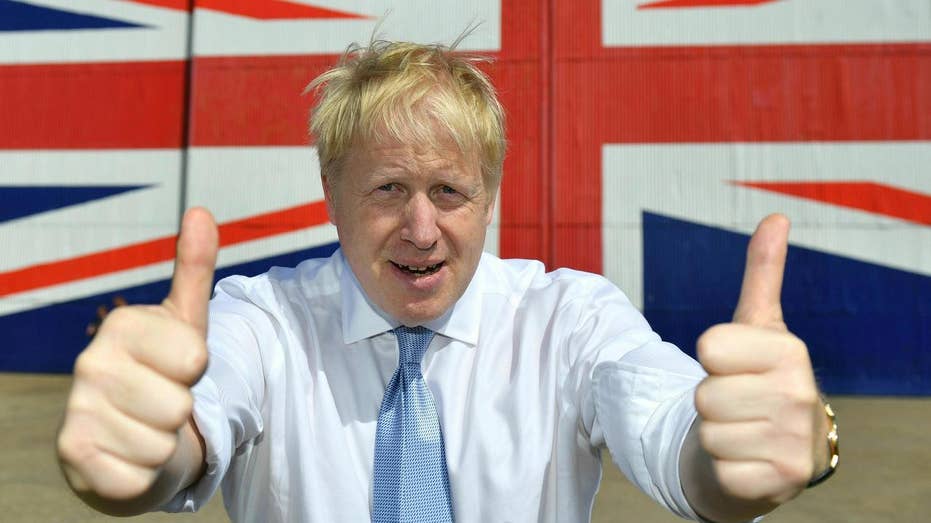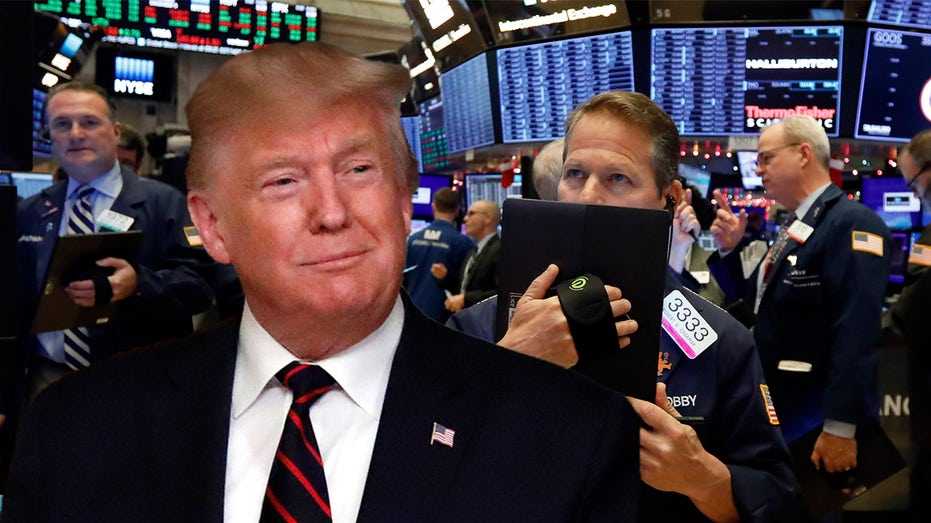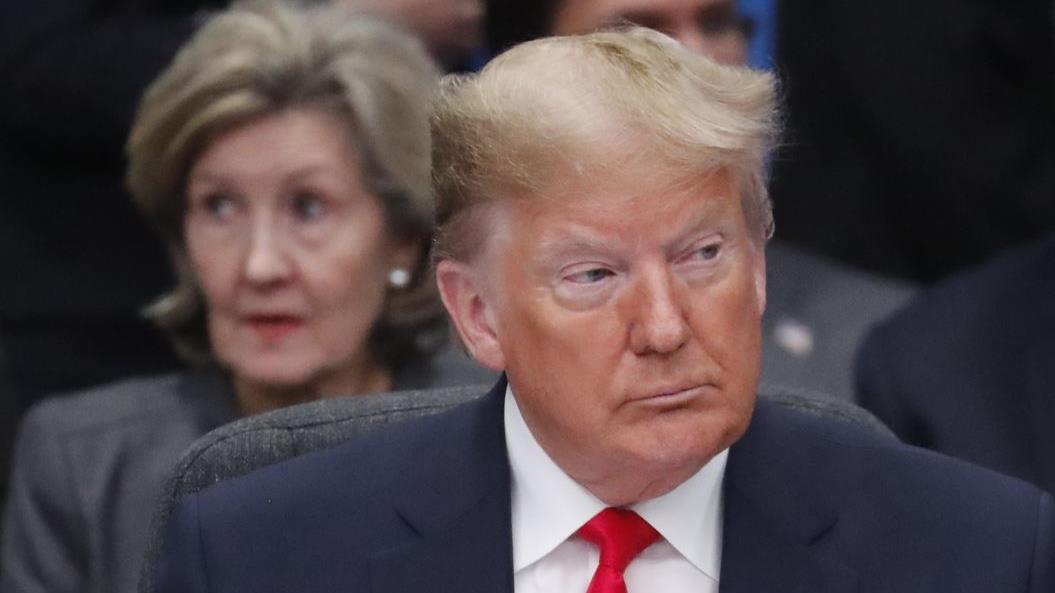Trump's home-run week delivers edge in 2020 race
As Ohio goes, so goes the nation
President Trump just delivered what may be the most significant accomplishments of his presidency, giving an edge to his 2020 re-election bid.
Over the past five days, he secured two historic trade deals, the U.S.-Mexico-Canada Agreement and a phase-one deal with China, fulfilling one of the cornerstone promises of his 2016 campaign – rewriting global trade – as House Democrats forged ahead with impeaching him.
“Geopolitics has cast a much larger shadow over the impeachment proceedings and even over the agreement to pass the USMCA, which will prove to be a big positive for the US economy,” said Chris Zaccarelli, chief investment officer for the Charlotte, North Carolina-based Independent Advisor Alliance, which has more than $4.5 billion in assets under management.
“Brexit and, to a much larger extent, the China trade negotiations have taken center stage and are setting that stage for a Santa Claus rally that was sorely missed last year," he added.
Prime Minister Boris Johnson's resounding victory in the U.K., giving his Conservative Party a sizeable majority in Parliament, prompted immediate speculation that the vote could be a harbinger for U.S. elections next year. It also gives an opening for a bilateral trade deal with Trump.
'SKINNY' TRADE DEAL LEAVES U.S., CHINA STARVING FOR PHASE 2
The president's pact with China, which came together on Thursday evening, has long-term benefits for the U.S., partly because it further deescalates the more than 21-month-long trade war between the world’s biggest economic superpowers.
As part of the so-called skinny deal, China has committed to purchasing at least $200 billion of manufactured goods, crops, energy products and services, according to a senior administration official. China will also increase intellectual-property protections and end the manipulation of its currency, the yuan.

U.K. Prime Minister Boris Johnson
In return, the U.S. will halve the 15 percent tariffs on $120 billion of Chinese goods and will not put in place the 15 percent tariffs that were set to hit $160 billion of Chinese goods on Sunday. Duties of 25 percent on $250 billion of Chinese imports will remain.
The phase one agreement is “another significant step forward in advancing President Trump’s economic agenda,” Treasury Secretary Steven Mnuchin said in a statement. “This landmark agreement marks critical progress toward a more balanced trade relationship and a more level playing field for American workers and companies.”
Goldman Sachs Chief Economist Jan Hatzius says the trade deal turns a 0.4 percentage point drag on the economy into "a roughly neutral effect by the end of 2020," just in time for the election. The U.S. economy grew at an annualized rate of 2.1 percent in the second quarter, according to a revised estimate from the Commerce Department.
Add in the Fed saying it expects to keep interest rate increases on hold in 2020, and the stage is set for the stock market to continue to grind higher next year. JPMorgan Chief U.S. Equity Strategist Dubravko Lakos-Bujas says the business cycle should begin to gain stronger traction by early 2020, providing further room for market upside. He predicts the S&P 500 will climb 7 percent from current levels to 3,400 next year.

Earlier in the week, the same day that House Democrats announced they would draft articles of impeachment, they also backed the USMCA, which rewrites the Clinton-era North American Free Trade Agreement. It's expected to create as many as 589,000 jobs over the next five years while injecting $34 billion into the U.S. auto industry.
Commerce Secretary Wilbur Ross hailed USMCA as the “largest trade deal in the history … of the whole world.”
The agreement is being well received in the swing state of Ohio, which is home to a number of auto plants and sends more than 50 percent of its exports to Canada and Mexico.
“Having a stable trade environment with our biggest trading partners as a state is super important,” Ohio Lt. Gov. Jon Husted, a Republican, told FOX Business, adding that he “only expects things to get better” with the phase one trade deal with China and the USMCA.
Winning Ohio is critical for presidential candidates. Since 1860, the winner of the state has captured the White House 35 of 39 times. No Republican has ever become president without winning Ohio.
“The economy in Ohio is doing well,” Husted said.
CLICK HERE TO READ MORE ON FOX BUSINESS
“I think that Ohioans believe in large part that Donald Trump is doing the things that he promised he would do and that he stands a very good chance of winning Ohio again soundly in November.”
FOX Business' R.N. White contributed to this article.
